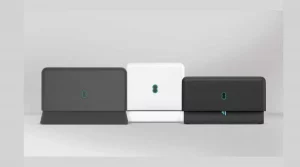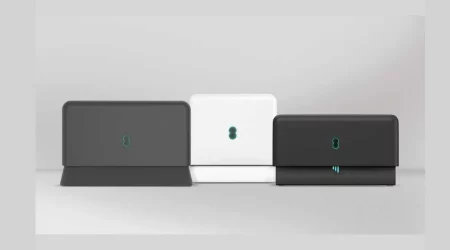These days, businesses and individuals rely significantly on digital currency transactions and cashless payment methods. Thus, discussing the significance of business card security and anti-scam card protection is essential. Revolut, a well-known online financial company, has significantly increased the security of its users’ business cards. They took this action to address the dynamic hazards found in the digital realm.
Business Card Security
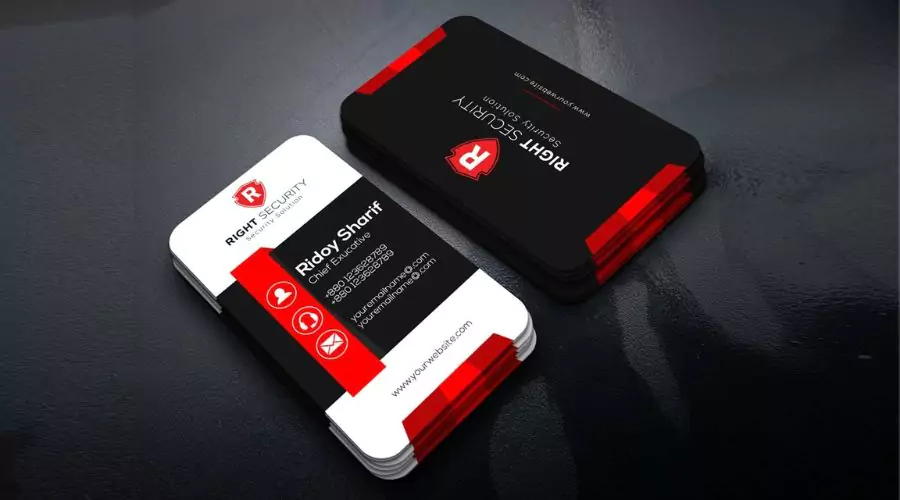
End-to-End Encryption:
Because it keeps unauthorized parties from accessing the Business Card Security data, this encryption technique is crucial for protecting business cards.
Regular Security Updates:
Revolut continuously upgrades its security mechanisms to fix recently found flaws and keep up with new threats. To preserve business cards, regular security upgrades are essential since they fortify the system’s defenses and guarantee that user data is kept private.
Also Read- Adobe MAX 2023— The Creativity Conference
Anti-Fraud Card Security
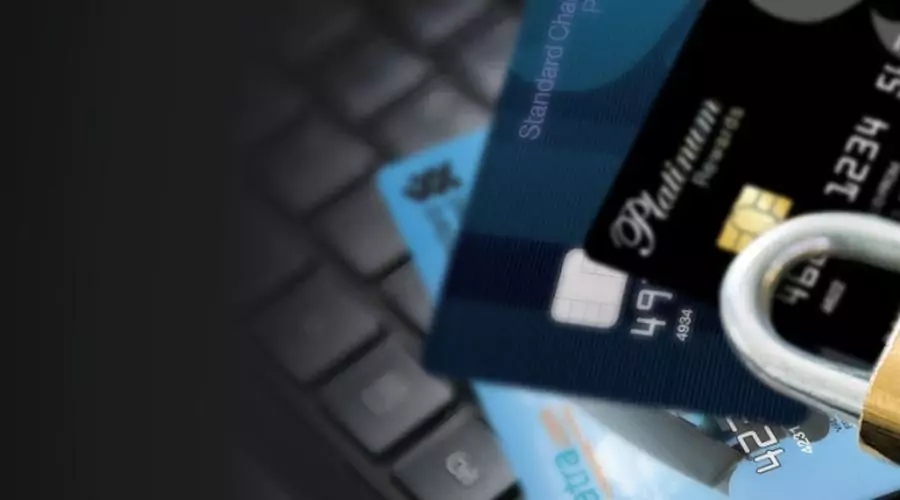
Advanced Algorithms for Fraud Detection:
Advanced fraud detection algorithms are used by Revolut to continuously monitor transactions in real-time. By examining transaction patterns, these algorithms identify any anomalous or possibly fraudulent activities. By doing this, possible problems are proactively identified, allowing Revolut to act quickly to minimize any possible harm to the cardholder.
Verification of Transactions
On Revolut, transaction verification measures are part of the anti-fraud card security. Users are asked to verify a transaction’s legitimacy via email or their registered mobile device. This extra security measure guarantees that cardholders may quickly identify unauthorized transactions and take appropriate action to stop subsequent fraud.
Three-dimensional, secure (3DS) authentication
An additional degree of protection for online card transactions is provided by the industry-standard 3D-Secure (3DS) authentication protocol, which is supported by Revolut. When making an online purchase, cardholders using 3DS authentication are prompted to input a one-time code that is emailed to them or transmitted to their registered mobile device. This feature lowers the possibility of making unauthorized Internet transactions considerably.
Business Card Security Best Practices
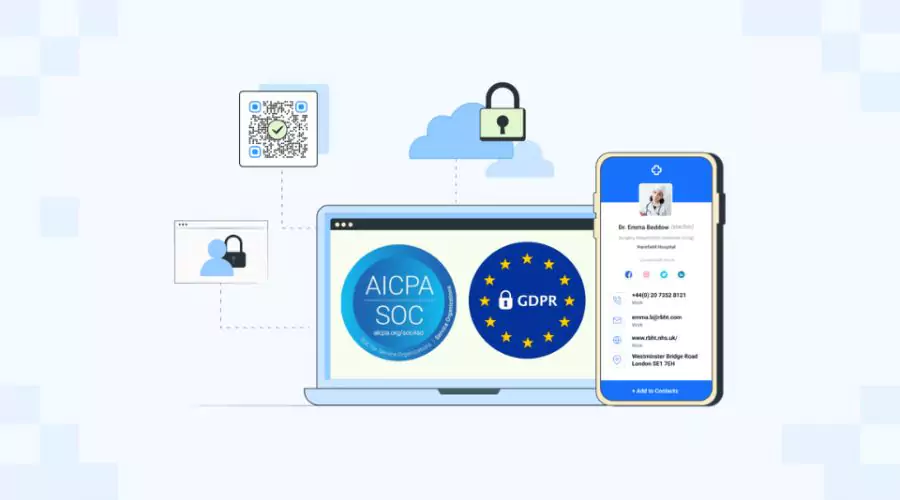
Password Administration
Best practices for password management should be adhered to by users. Creating secure, one-of-a-kind passwords and updating them frequently are part of this. Revolut advises customers to avoid using readily guessed information, such as names or birthdays, and instead to use a combination of letters, numbers, and unusual characters in their passwords.
Frequent Monitoring of Accounts
Customers should keep a close eye on their Revolut accounts to spot any unusual behavior. Users can find any inconsistencies by examining their transactions and statements and reporting them right away to Revolut’s customer service.
Maintaining Confidentiality of Personal Information
Cardholders should avoid disclosing private information to third parties, including their card details. Revolut highlights how crucial it is to never give out personal information in response to unwanted emails or phone calls, since scammers frequently employ these methods.
Business Card Security: A Top Priority
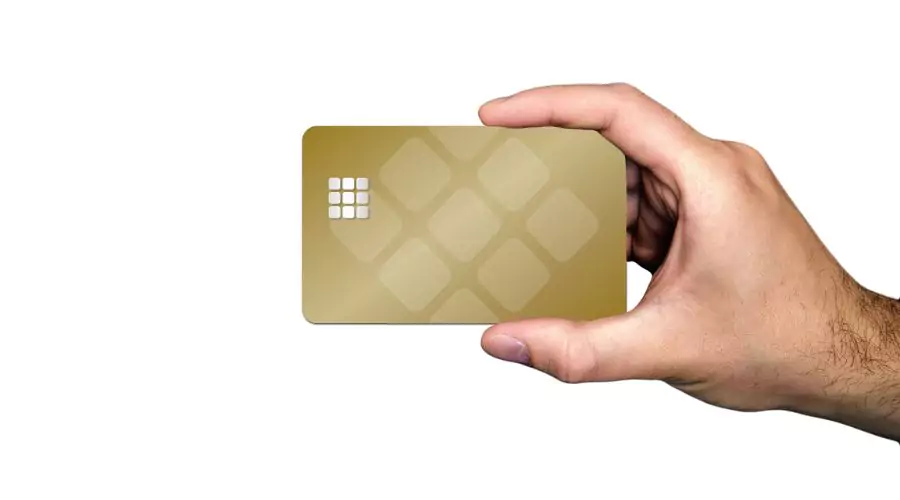
Security of Business Cards: An Absolute Priority
The term “Business Card Security” describes the many safeguards and functionalities implemented by Revolut to guarantee the protection of its customers’ business cards and related cash. Strong card protection systems are essential given the increase in financial fraud and cyber threats.
Differential Layer Authentication
A multi-layered authentication approach is used by Revolut, which consists of two-factor (2FA) authentication, biometric authentication (such as fingerprint or face recognition), and password protection. An additional layer of protection for business cards is provided by these security measures, which work to guarantee that only authorized users may access their accounts and carry out card-related tasks.
Limits and Alerts for Transactions
Revolut lets users establish transaction restrictions and warnings in order to prevent fraud. This implies that each transaction that is over a certain threshold will result in an alert, giving the user the option to examine, accept, or reject the transaction. This feature, which is a part of Business Card Security, is an early warning system against fraudulent activity.
Regulating Geolocation
Revolut allows customers to limit the use of their cards to particular geographical locations using geolocation restrictions. This is an effective anti fraud card security feature that stops potentially suspicious or unauthorized transactions from happening in various places.
Instantaneous Freezing and Unfreezing
If users notice any unauthorized or questionable activity, they can freeze their cards right away, temporarily deactivating the card. The purpose of this immediate freeze function is to safeguard the card and prevent any possible fraudulent efforts.
Conclusion
Revolut has a multifaceted approach to business card security, focusing on two key areas: card safety and anti-fraud measures. The intention is to protect user funds. Layers of authentication, complete encryption, sophisticated fraud detection techniques, and reliable 3D secure checks are used to accomplish this. More details can be found on the Savewithnerds official website.

